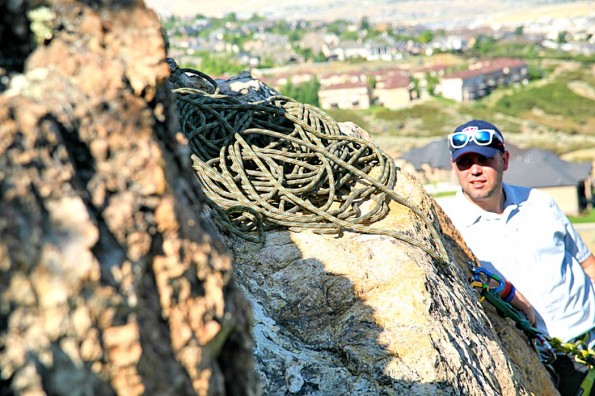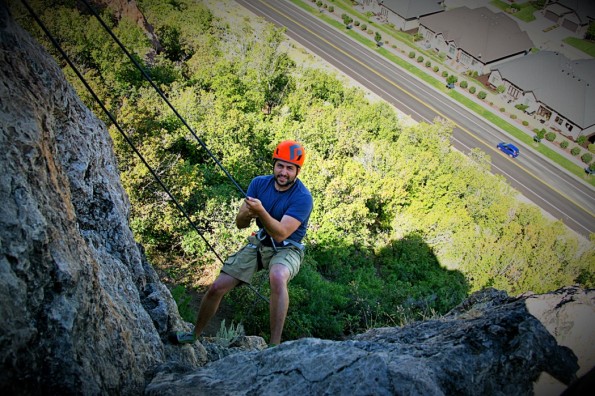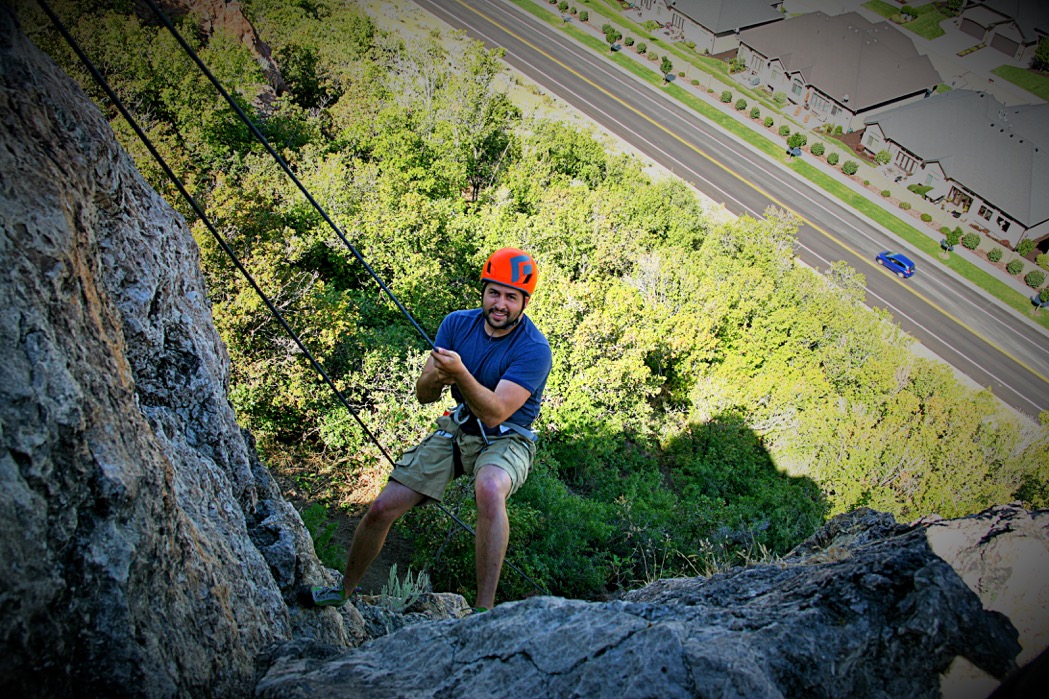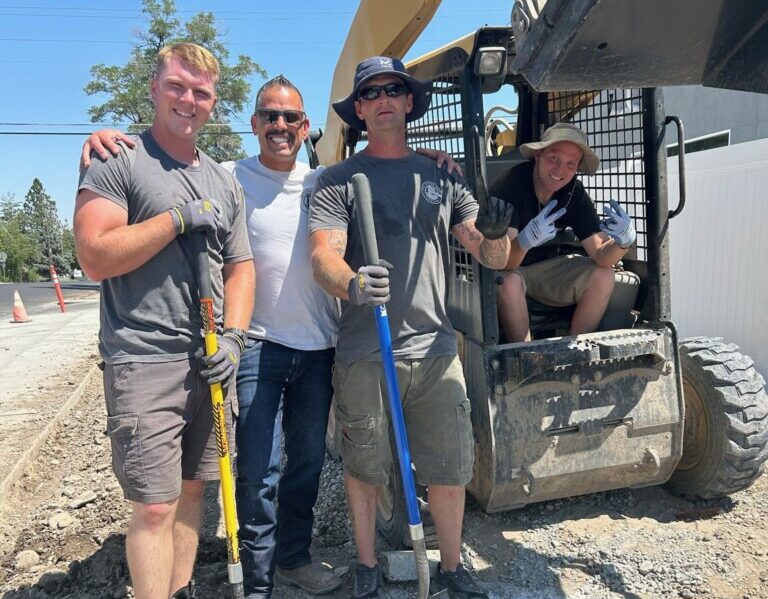
When Michael Cumming rotated back to civilian life, like many veterans, he found the reintegration difficult: the sudden loss of military’s inborn brotherhood, the lack of direction and the incursion of the corporeal and cerebral realities of PTSD. A study has shown that at least 20 percent of Iraq and Afghanistan veterans suffer from the life attenuating disorder, and at least 50 percent of those never seek treatment. (http://www.veteransandptsd.com/PTSD-statistics.html)
Joining the Marine Corps in 2000, right out of high school, Cumming’s entire adult life was sculpted by being a Marine. “After I left active duty,” he explained, “was when I really started having some significant PTSD type problems.”
Cumming quickly slipped into a nebulous interstice of waywardness, heavy drinking and isolation – a bedlam of suicidal thoughts hounded his civilian existence, brought on by the manifestations of PTSD: nightmares and flashbacks of his time in combat, difficulty sleeping, feeling on guard and numb to daily activities – causing an inability to function normally in everyday life.
A couple of other veterans, with whom Cumming had served, saw the familiar signs and understood where he was mentally; they convinced him to seek therapeutic help.
“The counselor found out that I used to be real into [Rock] climbing and encouraged me to get back out doing it,” Cumming said.
The Marine adage ‘once a Marine always a Marine’ applies to climbers as well; any serious rock climber would agree: ‘once a climber always a climber.’
Cumming took the advice of his therapist and returned to the outdoor life. His began to see improvement, and he realized, through his experience and expertise, he could return the favor to other alienated veterans.
So, he started Operation Climb On, a non-profit organization aimed at helping struggling vets through rock climbing. “It’s a combination about spending time with other veterans who can relate to each other’s experiences and get out in nature,” Cumming said, adding that the true anchor for

Operation Climb On is understanding what another veteran has gone through and experienced, whether it’s talked about or not. “It’s just knowing that the guy there next to you can relate; it develops that bond you have been missing since leaving active duty.”
Dan Warner has served in the military for 13 years, got involved with Operation Climb On in the summer of 2014, when he participated in a three-day instructional program, where he learned the fundamentals of climbing; he is now an instructor.
“There were a lot of times for me,” Warner said, “when I wasn’t sure if it was worth it, or if I should just pull the trigger and end it.”
Through Operation Climb On, he started using climbing as a way out of the shadows. “I don’t think I would have started using climbing as an outlet without this organization getting me out in that context … I get to get together with guys that just know what it’s like. Here, you know exactly who to relate to.”
Nate Smith, a 33 year-old veteran who served on active duty for over 10 years, is wearing an orange helmet and climbing up and out of a half-detached pillar of rock. It is his first time out with Operation Climb On, his first time climbing. When he looks up, he gives a visual start, and then a massive smile. He didn’t know a journalist was tethered to the rock, hanging 60 feet off the ground, clickclickclick, snapping photos.
After graduating from the US Military Academy at West Point in 2004, he served as an Infantry Officer, deployed three times: twice to Iraq and once to Afghanistan. We spoke when we both got back to ground level.
Nate is smiling as he unties the rope from his harness. He said that the experience was “invigorating,” “A challenge” and “Satisfying.”
Climbing is an activity that requires much more than brawn. It is a hodgepodge of muscle, will and intelligence. “I was put in a situation where I was forced to use my mind and my body to overcome obstacles and make progress toward my short-term goals. It was a rush. I’m happy I got the opportunity and can’t wait to do it again,” Smith said.
Micah Vanwagoner is a veteran with PTSD who participated in the first class Operation Climb On offered; he is now the Assistant Director. He had been belaying and coaching Smith from the ground. Vanwagoner explained Operation Climb On’s mission, its function, and thus its real meaning perfectly: to simply to create an environment of empathy. “No matter where you served, no matter what you did in the Military, you show up and everybody gets it,” he said.
If you or a loved one are a veteran, and would like to participate in Operation Climb On, please visit www.operationclimbon.org or email the new Director, Dan Warner at dan.warner@operationclimbon.org






